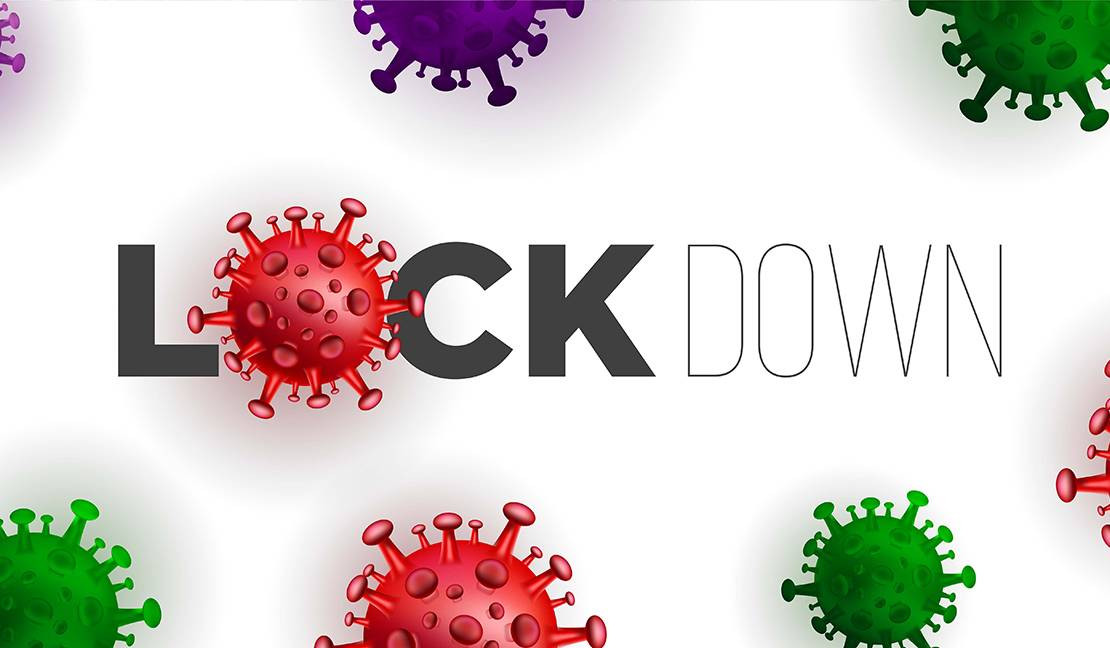Advocacy week; Day 5 We are already in the 2nd week of the writing magic here at #WinterABC2021 and this […]

A day in lock down
I am writing this with the hope that I am not misunderstood. Day 5 of #UgBlogMonth required me to write […]
